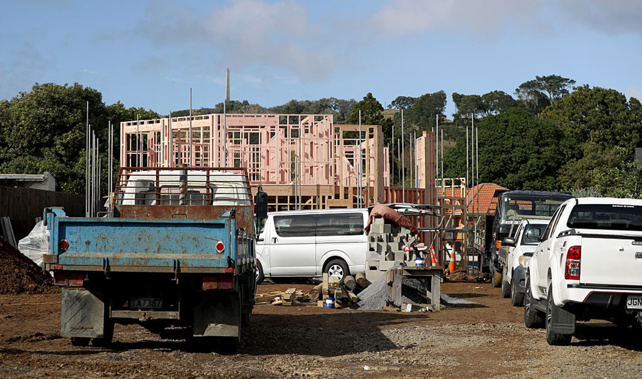
Overnight, I read a really interesting piece in the Sydney Morning Herald -- it was to do with housing. Sydney, of course also has a major housing affordability issue as well.
While the New South Wales government says the housing supply has increased significantly and change will come soon, it won’t according to a group called '' The Committee for Sydney". It's a group made up of urban planners and economists, and those with a vested interest in Sydney.
This group has sent an open letter to the government urging it to look 'beyond supply' as the sole way of moderating house prices, and the sole way of making homes affordable for low and middle income earners.
It caught my eye because they used bananas to illustrate their point.
It's an over-simplification, but what it does is reveal why the basic economic theory of supply and demand can't be applied to housing. Right, so bear with me.
Each week you buy bananas, but off-season, when the price of bananas goes up, you start scanning the fruit section for other fruit. Cheaper fruit. Lets say oranges or apples. And so you leave the expensive bananas on the shelf and head home with your apples. You'll wait for the price of bananas to drop before you buy them again.
So that's your basic theory of supply and demand.
But this group - The Committee for Sydney - it argues that the basic economic principal of supply and demand can't be applied to housing, because there is no alternative to housing. There's no other fruit. Everybody needs a house.
And they argue that increasing the supply of homes won't drive house prices down. The group says it's not a proven theory. No city has ever built more homes and stood back and watched house prices come down.
The key factor that fuels high house prices, they say, is access to housing finance - in other words, cheap credit. And we've got an abundance of that at the moment.
Almost everyone needs to borrow money to buy a home, and who jumps on the cheap credit bandwagon? Not first time buyers – it’s existing home-owners.
In Sydney - and it will be the same here for sure - existing home-owners make the most of cheap credit and own two or three houses in the city, and so irrespective of an increase in supply, the average 30-something still can’t afford to get into the market.
So we keep building homes in a cheap money environment, believing falsely that our cities are building their way to housing affordability, but in reality we're just fueling the investment market. Tax reform is perhaps the only option.
That and further restrictions on foreign ownership, but tell me this, where is the political appetite for that?
So in this cheap money environment, we'll just keep on building... which is, well, a bit bananas really.
Take your Radio, Podcasts and Music with you









